Principles of Coalition Building in Addiction Treatment
The first time I experienced the power of collaboration was as Director of a regional Substance Abuse Prevention Coalition and Advisory Board member for CADCA. Witnessing the power of all the different sectors of a community to come together confirmed how macro-level changes to the problems of underage drinking and drug use could only be done in collaboration with one another. When law enforcement, schools, businesses, faith-based organizations, neighborhood associations, and mental health professionals came together, we identified the resource deficits in our community, capitalizing on our unique strengths, and built solutions using the collective resources we had and what didn’t exist, we created. It was through our combined efforts we could make a change and build positive outcomes.
When I began my career in behavioral health, 20 years ago I was surprised to learn how fractioned this field was. There is an inherent competition among treatment programs to fight for clients. Why? When 20.4 million people in the United States were diagnosed with SUD in the past year and only 10.3 percent of people with past-year SUD received SUD treatment. Unfortunately, the need is great, yet we are too distracted to meet the demand because we are too busy trying to outdo, the market, and outsell our programs to the same 10%.
I believe the idea of collaboration has to be a paradigm shift in our industry. Years ago, I had a chance to speak with a high-profile addiction medicine physician whose family started a well-respected addiction treatment program in the south. When asked if we could partner together, he said, why would we want to do that? We are competitors. Without hesitation, I said, “with all due respect, the only competition is the disease itself, it should never be with each other.” To his credit, he smiled and said, “you’re right and it’s time I look at this differently. “
In many ways, we are no different than coalition building. We can capitalize on our collective wisdom, talents, and resources to build a framework for success that can ultimately help individuals and families get better.
When we cultivate the talents of those around us and empower them to join us collaboratively, great, and mighty things can be accomplished. It often takes stepping back and re-evaluating our old beliefs to see if they are serving the greater good. The field of addiction treatment has changed substantially over the last 2 decades. New players come into this field unaware of the importance of practiced principles of building community to make a change. We have an obligation to live this example and teach them.
